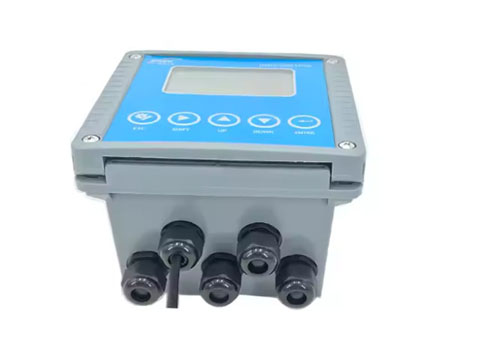The Application of pH Meters Essential Tools for Various Industries
Published on: 2024-10-10 Views: 536

pH meters are vital instruments used to measure the acidity or alkalinity of a solution. These devices have become essential in numerous fields, including agriculture, food and beverage production, pharmaceuticals, and environmental monitoring. Understanding pH levels is crucial for ensuring product quality, safety, and optimal conditions for chemical processes.
Key Applications of pH Meters
Agriculture
Soil Testing: pH meters are used to assess soil acidity, which affects nutrient availability for plants. Farmers can optimize soil conditions by adjusting pH through amendments such as lime or sulfur.
Fertility Management: Monitoring the pH of fertilizers helps in determining their effectiveness and preventing nutrient lock-up.
Food and Beverage Industry
Quality Control: pH meters are critical in food production to ensure products meet safety standards and maintain flavor, texture, and shelf life. For example, the pH of dairy products and beverages is closely monitored.
Fermentation Processes: In brewing and winemaking, controlling pH levels is essential for fermentation efficiency and the development of desired flavors.
Pharmaceuticals
Formulation Development: Accurate pH measurement is crucial in drug formulation to ensure stability and bioavailability. Many drugs require specific pH conditions for optimal absorption.
Quality Assurance: pH meters are used in quality control laboratories to test raw materials and final products, ensuring compliance with regulatory standards.
Environmental Monitoring
Water Quality Assessment: pH meters are widely used to monitor natural water bodies and wastewater. pH levels can indicate pollution levels and the health of aquatic ecosystems.
